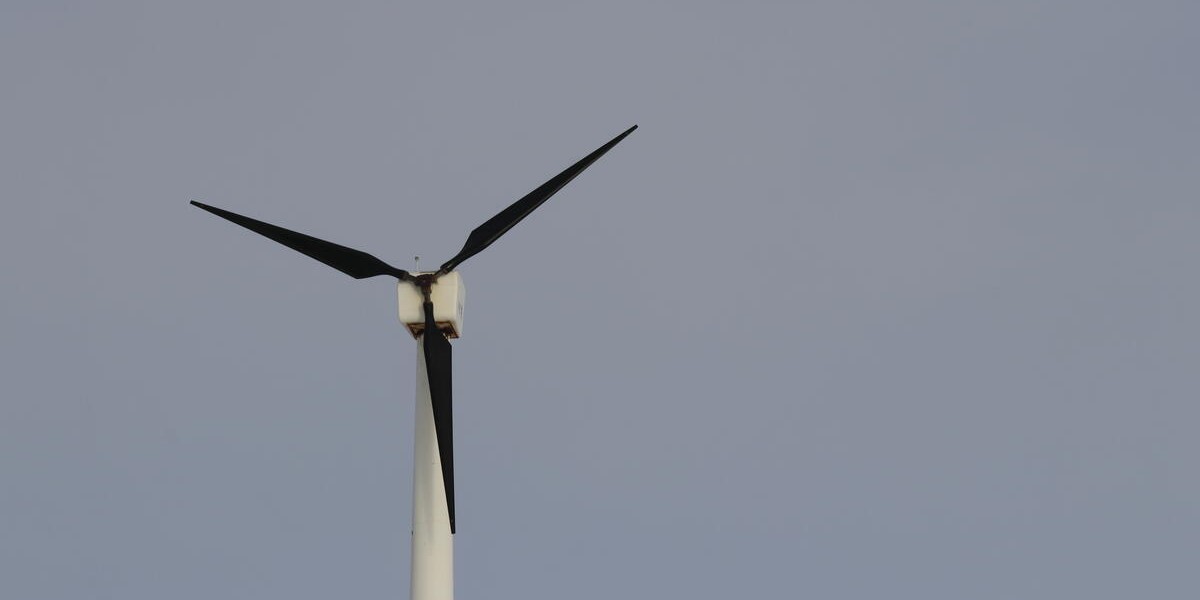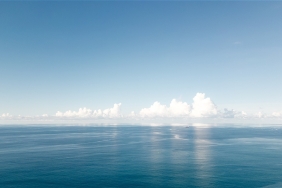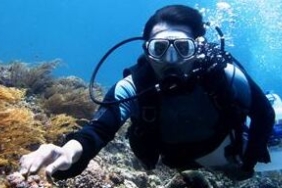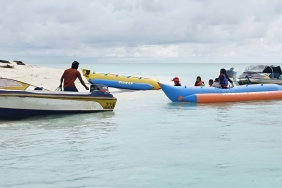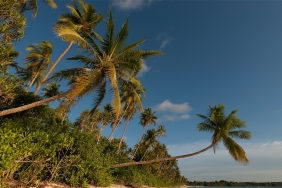INDONESIA TOWARDS ENERGY-EFFICIENT TOURISM
By: Ciptanti Putri
Tourism is a cross-cutting industry; on the one hand, tourists expect natural attractions to always be in a green condition, but on the other hand, tourism industry activities have an impact on reducing environmental quality if not managed properly. Therefore, the services of pro-environmental and less carbon tourism industry players and the green behavior of tourists are the key to the sustainability of this industry.
That was the summary of WWF-Indonesia's Director of Policy, Sustainability and Transformation, Budi Wardhana, from a half-day seminar titled "The Role of Hotels in Sustainable Tourism Development" which took place last Monday (30/3) morning until noon at DoubleTree Cikini Hotel, Jakarta. The event marked the end of a program on energy and carbon gas saving efforts in the hotel industry through audits, which allocated the savings to nature conservation work. The program named "Tourim Energy Efficiency Investment Program" (TEEIP) was initiated by WWF-Indonesia in mid-2013 by involving partners from the Ministry of Energy and Resources, the Ministry of Tourism, the Indonesian Chamber of Commerce and Industry (KADIN), and tourism industry players, especially hotels.
The seminar began with a presentation from keynote speaker Shinta Kamdani, Vice Chairperson for Environment and Climate Change of KADIN Indonesia, who appreciated the WWF-Indonesia initiative. According to her, TEEIP succeeded in synergizing various interests towards sustainable tourism. "Real implementation in the field and cooperation of all parties can realize these conditions. KADIN is optimistic that the target of 10 million tourist arrivals will be achieved in accordance with KADIN's mission towards a resilient Indonesian economy."
In the seminar session, four panelists appeared. Budi Wardhana was the first panelist to explain a number of facts related to energy use in tourism industry operations. "Five percent of greenhouse gas emissions are produced by the tourism industry. In fact, there are many ways to save." Budi gave several examples and tricks in saving energy in the management of accommodation businesses, such as the application of green building design, processing food waste for animal feed, independent room electrical systems, and so on. "Environmentally friendly industrial behavior indirectly reduces pressure on natural resources so as to ensure their availability for future generations," he said.
On the second occasion, Maritje Hutapea, Director of Energy Conservation at the Ministry of Energy and Mineral Resources, explained various things about national energy consumption patterns and opportunities for savings. "The government has set a target to reduce greenhouse gas emissions by 26%. We plan to implement a number of measures."
Frans Teguh, Director of Destination Design and Tourism Investment from the Indonesian Ministry of Tourism, then explained the predictions and tough challenges that will be faced by the Indonesian tourism industry because foreign tourists have begun to sort out environmentally friendly attractions from those that are not. "Tourism is for fun, but managing it cannot be fun. It must be serious!" he said. He also believes that tourism must follow the rules of nature in operating. "Komodo Island should not be open to the public all the time. There are times when it is closed to maintain the breeding season."
Cyprianus Aoer, Executive Director of the Indonesian Hotel and Restaurant Association, was the last panelist of the seminar. He revealed that he felt the government had not seriously addressed energy-saving efforts in the tourism industry, such as the determination of stars in hotels that should be linked to their energy management procedures. "The condition is even worse because out of 5 million employees in the tourism industry, only 100,000 are certified. The government really has to commit to changing this situation."
The seminar was attended by representatives from Bappenas, Ministry of Economic Affairs, Ministry of Energy and Mineral Resources, Ministry of Tourism, Ministry of Industry, Bali Provincial Environmental Agency, KADIN, PHRI, ICED-USAID, JICA, KEHATI, Pelangi, IIEE, IESR, MASKEEI, Mitsubishi, GAHAWISRI Southpole, JCM University of Indonesia and a number of hotels, including Grand Sahid Jaya, Sultan Hotel, Menara Peninsula, Grand Mercure, Grand Mahakam, Shangrila Hotel, DoubleTree Hotel, and Rasuna Icon Hotel. All participants were actively interacting and asking questions. The conducive situation in the seminar illustrates the enthusiasm of tourism industry players and related parties to work together to realize energy efficiency in Indonesian tourism.

